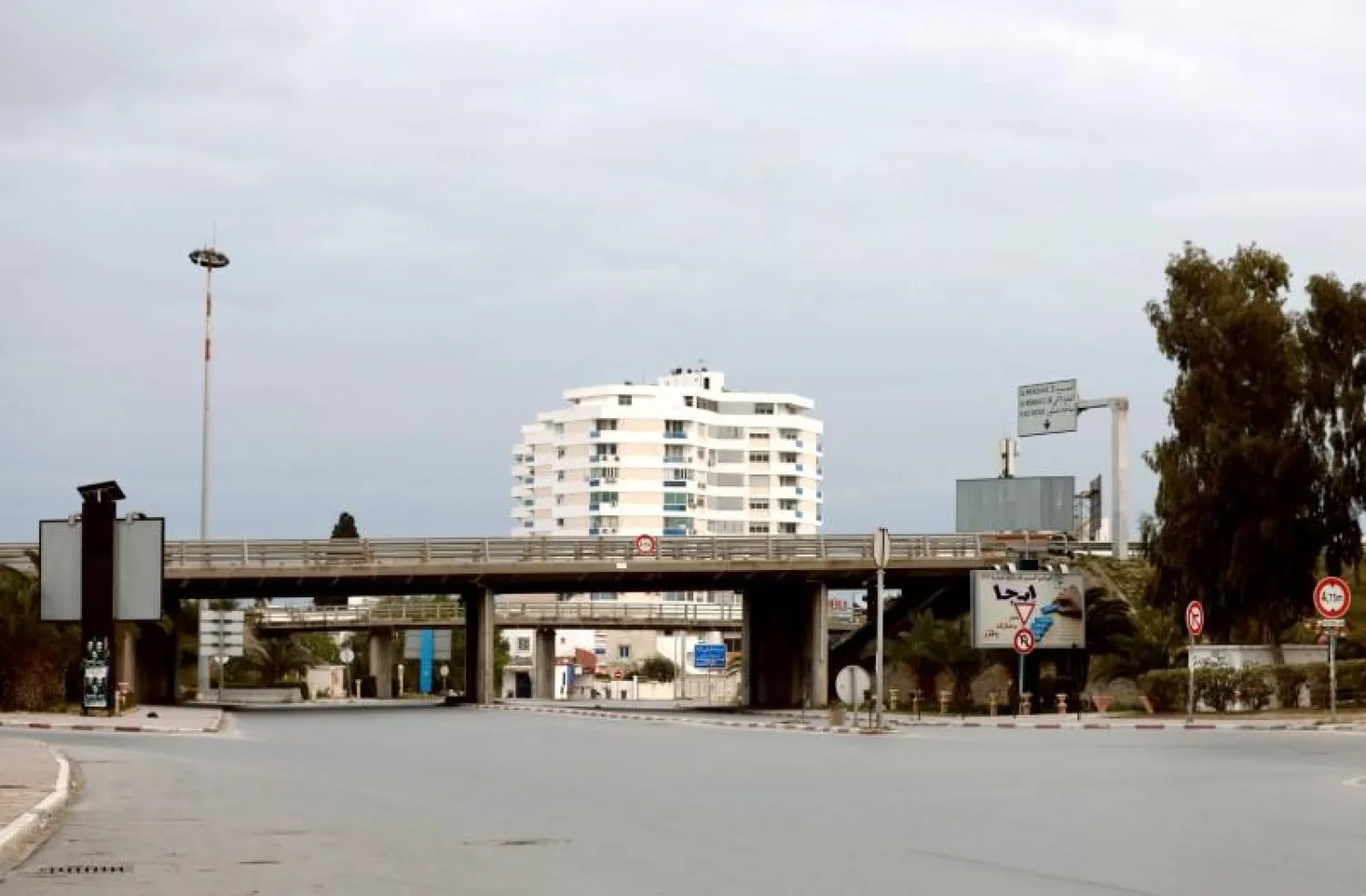Tunisia’s government has taken a series of decisions to contain the financial difficulties faced by the state and the private sector, its minister of vocational training and employment told Asharq Al-Awsat.
Fathi Belhaj said the country is witnessing high unemployment rates and other problems caused by measures to face the new coronavirus pandemic.
He told Asharq Al-Awsat that the government has allocated more than five percent of the state budget, about one billion dollars, to provide assistance to companies and more than two million poor people and employees.
It aims through this step at absorbing the complications of the economic problems caused by the virus.
According to Belhaj, more than 30 percent of the employees and owners of small enterprises were affected by the decisions taken by the government to prevent the virus outbreak.
These decisions include curfew at night and a comprehensive quarantine during the day, closure of cafes, night clubs and tourist institutions and the suspension of air, sea and land flights for travelers.
The Minister expected the country to be on the verge of more “economic and social risks that threaten it, along with thousands of Tunisian-European public and private economic institutions.”
Among these risks are bankruptcy, financial deficits, and the dismissal of dozens of workers, complicating the social, political, and security conditions in the country, Belhaj explained.
The government estimates the number of currently unemployed at about 15 percent of the active population, that is, half a million people, most of whom are young, he noted.
However, this number can rapidly increase due to the losses that will be inflicted on touristic businesses, thousands of restaurants, cafes and night clubs, services and production companies, and handicrafts and export institutions that deal with millions of tourists from Algeria, Libya, and Europe.
Belhaj noted that his ministry has not yet determined the exact number of workers who will be dismissed, but it expects that thousands of workers have already lost their livelihoods and hundreds of Tunisian-European public and private companies experiencing circumstantial or structural difficulties “may face additional problems.”
He said the economic decisions taken by the government aim to “reduce the severity of the overall socio-economic crisis faced by Tunisia”.









